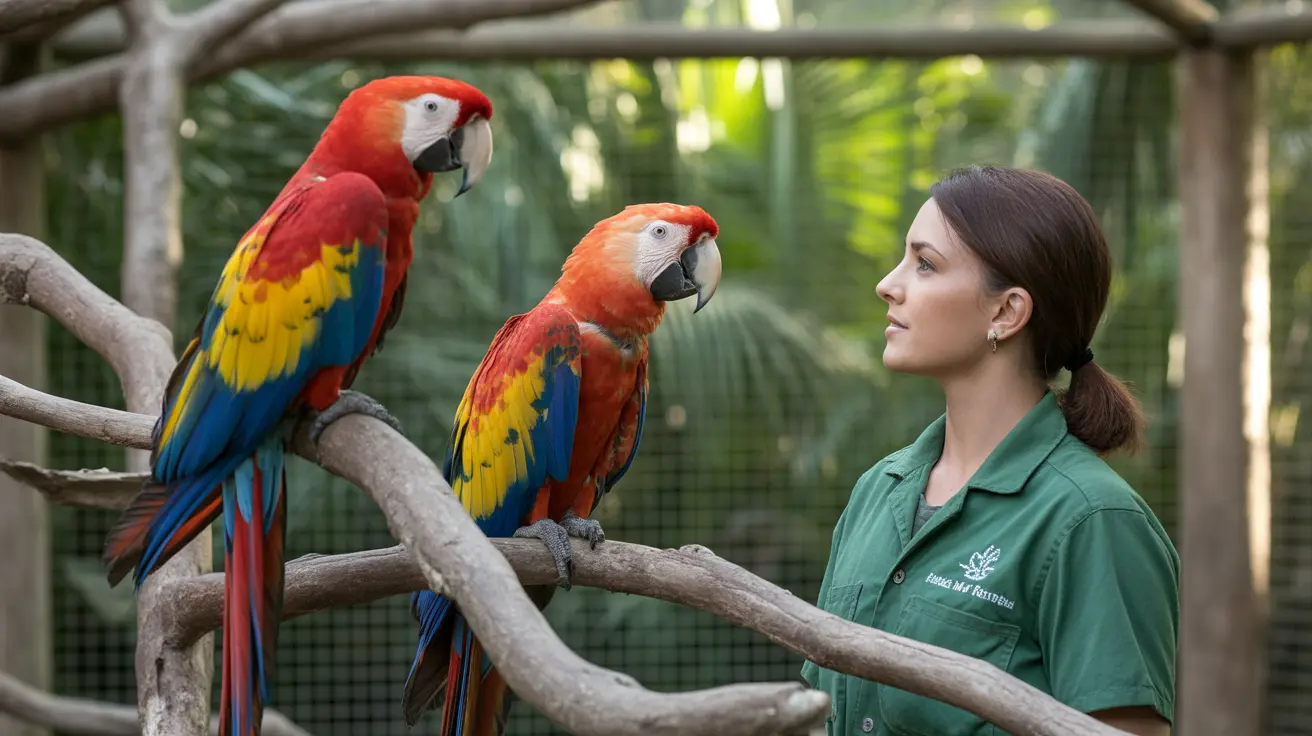The landscape of animal care careers in Texas is experiencing a remarkable transformation, with women increasingly taking leading roles across various specializations. From veterinary medicine to animal breeding and shelter management, female professionals are reshaping the industry while pursuing their passion for animal welfare.
This shift represents more than just changing demographics - it reflects a broader evolution in the Texas pet industry, where dedication to animal care is creating meaningful career opportunities. The trend is particularly visible in East Texas, where women are establishing successful long-term careers in various animal-related fields.
Growing Opportunities in Veterinary Careers East Texas
The veterinary sector stands out as a primary area where women are making significant strides. With increasing demand for qualified professionals, female veterinarians in Texas are finding numerous opportunities to establish their practices or join existing clinics. The field offers both traditional veterinary roles and specialized positions focusing on specific species or medical conditions.
Animal Care Education Requirements
Success in animal care careers typically begins with proper education and training. While entry-level positions may require a high school diploma, advancement often depends on:
- Specialized certifications in animal care
- Associate or bachelor's degrees in animal science
- Continuing education in specific areas of expertise
- Professional development through industry organizations
Animal Shelter Management Jobs
Shelter management has emerged as a vital career path, combining administrative skills with animal welfare expertise. Women in these roles oversee:
- Daily operations and facility management
- Animal intake and adoption programs
- Staff training and volunteer coordination
- Community outreach initiatives
Animal Trainer Job Growth Texas
The demand for professional animal trainers continues to rise across Texas. This specialty allows practitioners to work with various species while developing specialized expertise in:
- Behavior modification
- Positive reinforcement techniques
- rehabilitation programs
- Public education and awareness
Animal Care Specialist Salary Considerations
While the field offers numerous opportunities, salary considerations remain an important factor. Animal care specialists' compensation varies based on:
- Level of education and certification
- Years of experience
- Geographic location within Texas
- Specialization and expertise
Frequently Asked Questions
What animal care career opportunities are available for women in East Texas?
Women in East Texas can pursue careers as animal breeders, veterinary workers, shelter managers, trainers, and animal care specialists, reflecting a strong regional and national demand in animal-related occupations.
How has the representation of women in animal care jobs changed over time?
Women now constitute over 70% of animal care specialists in the U.S. and represent the majority in roles such as breeders (87%) and animal control workers (83%), marking a significant shift in this traditionally male-dominated field.
What education or training is needed to begin a career in animal care in Texas?
Many animal care careers start with a high school diploma, but advancing often requires additional training, certifications, or degrees in animal science, veterinary technology, or related fields, supported by professional organizations and mentorship programs.
The Future of Animal Care Careers
The animal care industry in Texas continues to evolve, offering expanding opportunities for those passionate about working with animals. As the field grows, women are not just participating but leading innovations in animal care practices and setting new standards for professional excellence.
For those considering a career in animal care, the current landscape offers numerous paths to success, supported by strong industry growth and increasing recognition of the vital role these professionals play in maintaining animal health and welfare across Texas.






